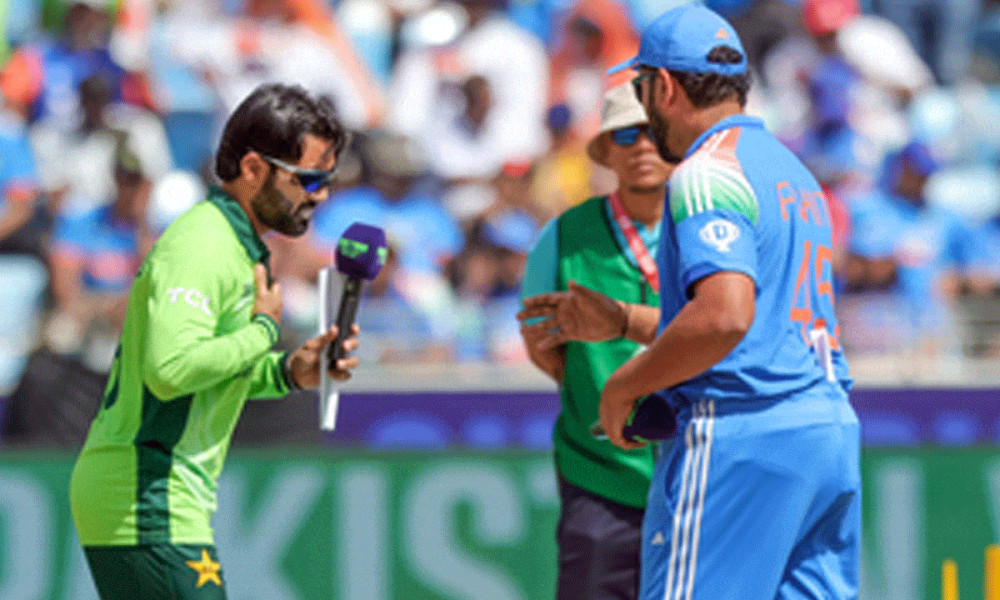Former Pakistan spinner Danish Kaneria has raised eyebrows over the sudden scheduling of the India-Pakistan Asia Cup clash, suggesting the Asian Cricket Council (ACC) likely got a green signal from the Board of Control for Cricket in India (BCCI) before finalizing the fixture. The match, set for September 14, comes amid a backdrop of recent controversies involving cricketing ties between the two nations.
Just days before the Asia Cup schedule was announced, the India Champions team withdrew from a scheduled game against Pakistan Champions in the World Championship of Legends. This move led to widespread speculation that India might avoid playing Pakistan in future tournaments, including the Asia Cup and ICC events. Kaneria pointed out that the sudden turnaround in scheduling raises questions about consistency in decision-making.
“Cricket should happen between the two countries,” Kaneria said, referencing the recent boycott by ex-India cricketers. “That move hinted India might skip playing Pakistan in future events. But after an online meeting involving ACC head Mohsin Naqvi and BCCI representatives, the match was scheduled. The ACC must have gotten approval from the BCCI.”
Kaneria believes the BCCI should have taken more time to consult higher authorities before agreeing to such a high-profile game. He criticized what he called “double standards” in India’s approach to cricketing relations with Pakistan. “If you’re talking about patriotism, then stand by it consistently. You can’t say yes one day and no the next,” he added.
The former spinner emphasized the financial implications of India’s participation in tournaments. He noted that India’s absence affects TV rights, sponsorships, and global viewership. “The BCCI generates nearly 99 percent of cricketing revenue. All top cricketing nations want to play India because of the IPL’s influence. An India-Pakistan match alone brings in astronomical viewership,” Kaneria explained.
He urged the BCCI to adopt a clearer stance. “Either say sports and politics are separate, or take a firm stand. No flip-flopping. If it’s no, let it be no. If it’s yes, then commit to it.” Kaneria also questioned the haste in decision-making, suggesting the BCCI should have deliberated longer before scheduling the match.
With the Asia Cup clash now confirmed, the cricketing world is bracing for the usual frenzy that surrounds an India-Pakistan showdown. But Kaneria’s comments highlight the underlying tensions and contradictions in how cricket diplomacy between the two nations is handled. The BCCI’s next moves will be closely watched, especially as fans and analysts debate whether cricket should remain separate from politics or if a more rigid stance is necessary.

